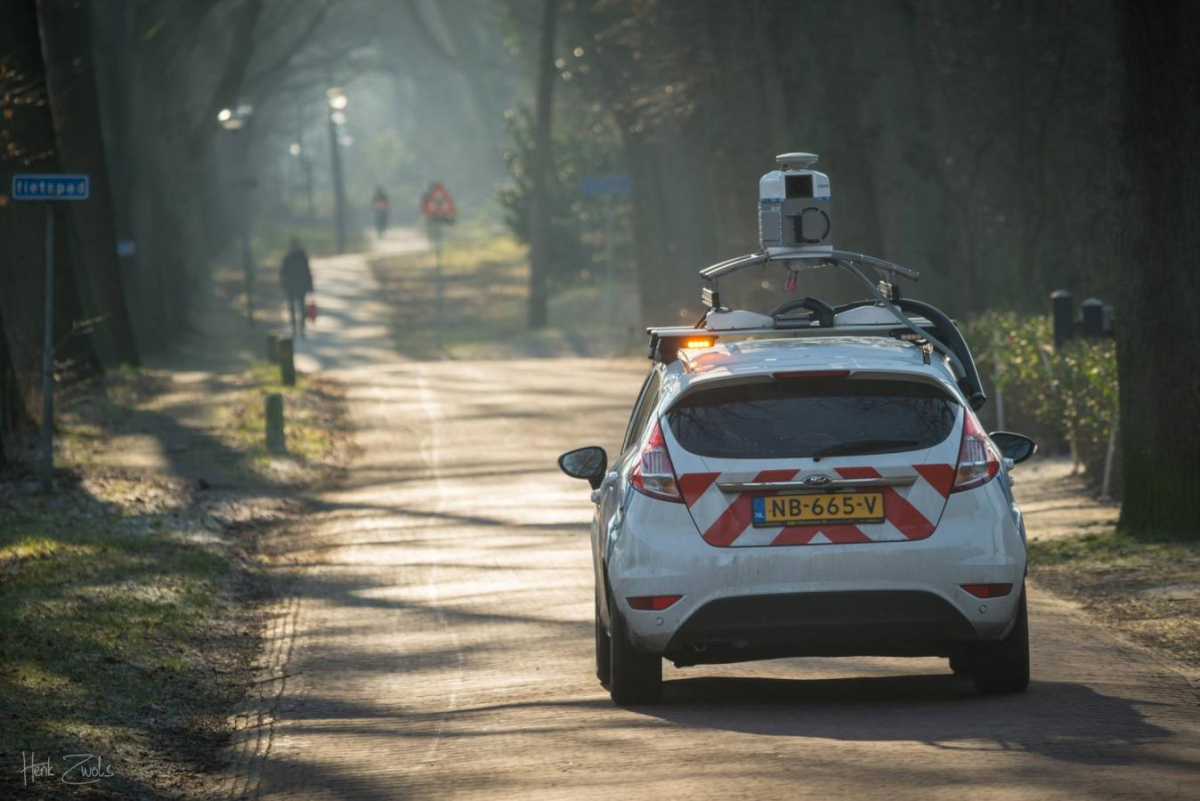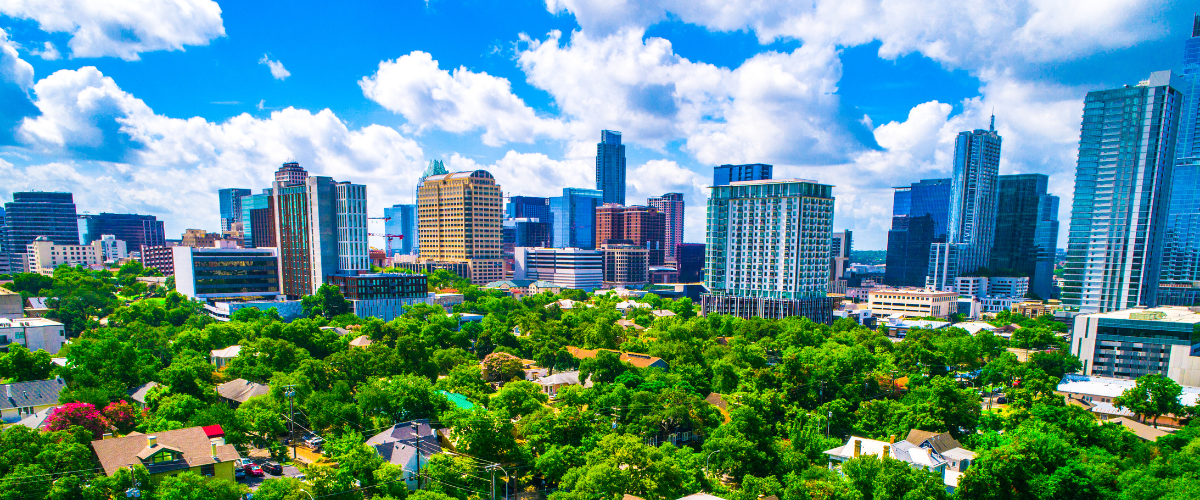Blog | 30 October 2023
Smart Cities Blog Series- Sustainability
Paving the way towards a sustainable future
Smart Cities are built on a vision of sustainability. They are designed to optimize resource utilization, reduce environmental impact, and enhance the quality of life for their residents. From energy-efficient buildings to intelligent transportation systems, these cities are leading the way in minimizing their ecological footprint. These innovative urban areas are not only reshaping the way we live, but are also playing a pivotal role in fostering sustainability on a global scale. Many cities have a long way to go before they can consider themselves to be smart & sustainable. But first, there are some key initial steps they must take to reach this goal.
Efficient asset management
One of the key pillars of sustainability in Smart Cities is efficient asset management. Urban areas are ever-changing at a rapid pace, and lack the resources to keep up with knowing what assets they have, where they are, and what condition they are in. The key to building a more sustainably operating city is to maintain and enhance infrastructure, as well as know where a city’s green spaces are for efficient and environmentally conscious city planning. Neither of these initiatives can be accomplished without a complete & updated asset inventory.
However, sending personnel into the field to locate and assess the assets of an entire city is not only a lengthy and expensive process, but one that can be detrimental to the environment. Cars, trucks, and other vehicles running on fossil fuels release carbon dioxide (CO2), a major greenhouse gas that contributes to climate change. Site visits and inspections often involve travel, leading to increased emissions. When governments have a fleet of outdated vehicles emitting high levels of greenhouse gas emissions, combined with a large area that needs constant inspection and a limited budget to perform these inspections, how are they able to sustainably understand their community’s needs?

Data-driven decision making
Here is where Cyclomedia steps in. Data is the lifeblood of Smart Cities. They collect vast amounts of information to make informed decisions about resource allocation, traffic management, and environmental conservation. And when lack of complete data becomes an obstacle, it is difficult to ensure that sustainability is really at the core of city planning & development. Our solutions streamline asset management and maintenance planning, reducing resource consumption and operational costs.
Automation and data-driven insights enable cities to allocate resources more efficiently, resulting in a greener and more sustainable urban landscape. By having detailed insights into their communities, governments can use the information at their disposal to ensure that their plans for maintaining their city are in line with their environmental goals.
Cyclomedia's technology captures 360° street-level imagery, offering an unparalleled wealth of positionally accurate visual data. This data is a game-changer for urban planners and leaders, providing critical insights into the city's environment. Cyclomedia's technology introduces a new approach to assess the condition of infrastructure, so cities can plan how to deploy their upkeep efforts sustainably. By incorporating RGB visual scoring and LiDAR data, it goes beyond mere assessment; it enables proactive strategies for asset maintenance, aligning perfectly with the sustainability agenda of maintaining & enhancing infrastructure. It's not just data; it's the sustainable foundation upon which Smart Cities are built.

Environmentally responsible data collection
Not only does Cyclomedia’s technology allow cities to optimize their community plans, we ensure the data upon which they base their decisions is also sourced sustainably. Cyclomedia's solutions provide a transformative approach to gathering data, rendering on-site visits unnecessary. Our technology brings the outside world to your computer, providing a comprehensive view of your assets' locations and conditions, all from the comfort of your desktop. It is no longer necessary to send out a fleet of vehicles to survey an entire community – with a simple click, you can inspect problematic areas and revisit locations in seconds.
Our measurement tools are incredibly precise, so you can trust your asset data. Not only can you remotely assess your assets, but our AI powered analytics tell you which areas need attention, eliminating the search for issues. By removing these key processes, your organization can spend more time planning an effective approach to maintaining quality infrastructure.
Conversely, organizations still using traditional data collection methods are continually deploying fleets of vehicles multiple times each week for manual inspections. In addition to CO2 emissions, vehicle exhaust also releases pollutants such as nitrogen oxides (NOx) and particulate matter into the air, jeopardizing air quality and posing environmental & public health risks. By reducing the number of vehicles on the road, forward-thinking organizations are adopting more sustainable and expedited data collection methods.
The way forward
Smart Cities are in a constant state of evolution, and Cyclomedia's technology is future-ready. By providing cities with the means to make data-driven, resource-efficient decisions, optimize infrastructure, and promote sustainability, Cyclomedia is leading the way in creating a future that is both smarter and more sustainable. Not only are the decisions derived from our data sustainable, is the manner in which the data is collected. As Smart Cities continue to evolve, Cyclomedia's technology remains at the forefront of driving progress towards a more conscious, connected, and environmentally responsible urban world.
